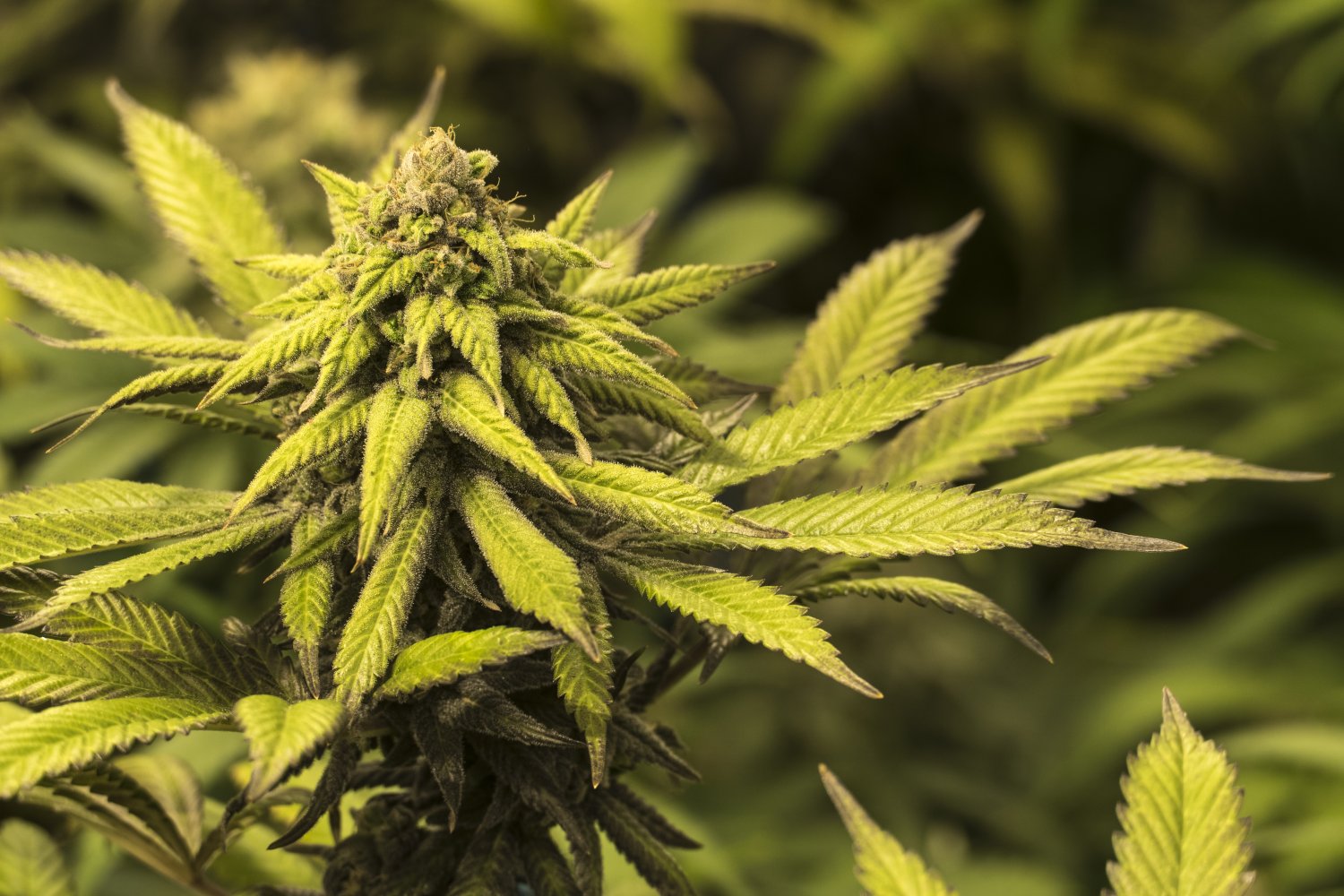ACT Resources Cannabis News – August 2019
This month’s news update is rife with developments on both the federal and state level. The SAFE Banking Act, which would help mitigate the financial challenges facing cannabis businesses, is working its way through Congress. Meanwhile, the lack of federal guidance on CBD regulation is having very real consequences for national brands. As a result, lawmakers are urging the U.S. Food and Drug Administration to expedite the release of concrete regulations. A Florida court moved to scrap the vertical integration business model, calling it unconstitutional, and confusion in Texas has led the state police to issue a memo suspending arrests for cannabis possession.


SAFE Banking Act gets hearing on Capitol Hill
The SAFE Banking Act, pending legislation which would create protections for financial institutions working with state-legal cannabis businesses, received a hearing before the U.S. Senate Committee on Banking, Housing, and Urban Affairs. The bill is largely regarded as a much-needed fix for the cannabis industry, which has contended with a lack of conventional financial services. Under the current law, many financial institutions are hesitant to do business with cannabis businesses for fear of reprisal from the federal government, which considers cannabis an illicit substance and could arguably hold federally-chartered banks accountable for money laundering even when working with state-compliant cannabis businesses.
While the hearing represented the next step in pushing the bill through to the floor of the Senate for a vote, none of the Republican committee members aside from chairman Mike Crapo (R-ID) attended the session. However, the hearing itself represented a fair amount of progress in the Senate, since Crapo had previously signaled he would be unwilling to even conduct such a hearing. Moreover, despite Crapo’s ongoing opposition to cannabis legalization, he said following the hearing that he believed it was important to move forward with banking reform for state-legal industries.
The House version of the bill has already been voted out of committee and awaits consideration by the full chamber. In the Senate, the SAFE Banking Act awaits further consideration by the Committee on Banking, Housing, and Urban Affairs before a full vote can be held. It remains unclear whether the SAFE Banking Act will survive long enough to receive a full vote, but as of now, it is far from dead.
CVS pulls Curaleaf hemp CBD products after FDA warning letter
CVS Health announced it would be pulling several hemp CBD products manufactured by Curaleaf after the company received a warning letter from the U.S. Food and Drug Administration (FDA). The letter alleged that several Curaleaf products were technically “unapproved new drugs” that were illegal under federal law. The FDA told Curaleaf in the letter that the company had 15 days to correct the violations and notify the agency.
Shortly after, CVS announced that it would be removing Curaleaf’s CBD topical products, including lotion and transdermal patches, as a result of the warning letter. Mike DeAngelis, CVS senior director of corporate communications, said that CVS had no plans to resume selling the products once they were removed from store shelves.
The fallout underscores the ongoing challenges surrounding CBD regulation as the FDA determines precisely what the rules governing hemp-derived CBD products will be. The FDA has repeatedly said that companies should avoid “egregious health claims” regarding their CBD products.

Lawmakers urge FDA to release CBD rules by September 30th
To help resolve the type of confusion that led to CVS pulling Curaleaf’s products, congressional lawmakers have urged the FDA to expedite the development of clear regulations and release the rules by September 30th. Led by U.S. Rep. Antonio Delgado (D-NY), the legislators sent a letter to the FDA and Department of Health and Human Services in July urging the need for clear regulation.
“Now is the time for the FDA to craft benchmark safety and quality standards for the production of hemp-derived products in order to increase consumer satisfaction and confidence as this nascent industry transitions and mature into a legal marketplace,” the letter read.
Clear regulation would offer guidance to CBD brands about how to properly market, label, and sell their products, as well as provide cover for stores like CVS that want to carry legally compliant CBD products in their stores. Since May 31st, when the FDA held a public hearing regarding CBD regulations, the agency has been considering public comments and existing statutes to determine how products infused with the cannabinoid should be regulated.
Florida rules vertical integration is unconstitutional
In July, Florida’s First District Court of Appeals rejected a law that created a vertically integrated business model for cannabis businesses in the state. Vertical integration refers to a model in which a single company is responsible for cultivation, processing, and retail. Following the court ruling, Florida Gov. Ron DeSantis endorsed the decision, saying he believes that vertical integration runs contrary to “free market principles.”
States vary in their approach to vertical integration. New Mexico, for example, mandates that medical cannabis companies organize as a vertically integrated operation. Colorado allows companies to set up a vertically integrated business model but does not require it. Whether similar rulings could follow in other states with vertically integrated cannabis businesses is unclear, but the ruling could have significant impact on existing cannabis businesses that operate cultivation, processing, and retail facilities simultaneously.
Florida currently has a legal medical marijuana program, while adult-use cannabis remains illegal. However, the vertical integration ruling comes as Florida voters prepare for a possible 2020 ballot referendum that could result in the legalization of adult-use cannabis. Whether the ruling is upheld could ultimately shape the legal adult-use industry if the referendum passes.


Memo tells Texas to stop cannabis-related arrests
Amid confusion regarding Texas’s recent legalization of industrial hemp, Texas state police sent a memo to local police departments to halt arrests for the possession of less than four ounces of cannabis. Although the memo directs local officers not to make continued arrests, local police can still issue citations that require mandatory court appearances to face criminal charges. Despite the memo, possession of cannabis continues to carry a potential penalty of one year in jail and fine of $4,000.
The memo comes as county prosecutors throughout Texas are throwing out low-level cannabis cases or suspending the pursuit of criminal charges due to the lack of testing resources to distinguish between legal industrial hemp and illegal cannabis products. Texas has had a challenging time navigating changes to hemp and cannabis laws. While county prosecutors have responded by holding off on taking any actions on cannabis cases, Gov. Greg Abbott and legislative leaders have issued a letter stating that the legalization of hemp did not decriminalize the possession of cannabis.
Whether you’re a cannabis industry veteran or you’re preparing to start your first business in the space, it’s an exciting time to be involved. Working in the cannabis industry has its own unique challenges, though, so you need an experienced professional partner to help you navigate the hurdles. ACT Resources has extensive experience working with a wide range of cannabis businesses to tackle their accounting needs. So if you’re looking for a partner that will help your cannabis business grow don’t wait – ACT today!



